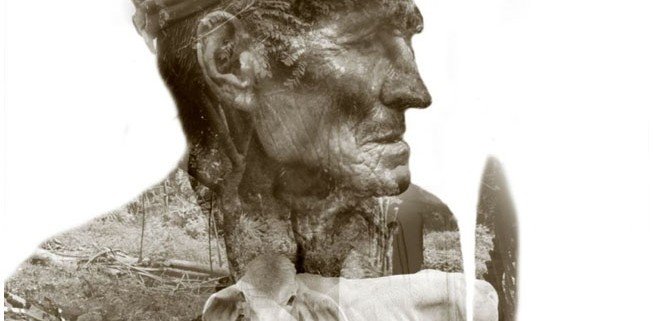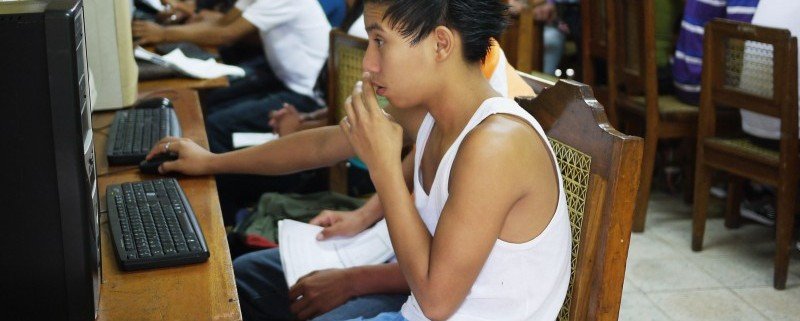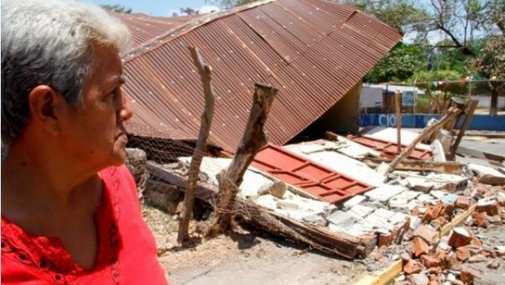Harsh Climate, Lack of Resources Propels Yearly Southern Migration
The rain came a month late to Mesa Sur this year, and never arrived with the vigor farmers there rely on because of climate change and El Niño. Still, they’re hard at work as day laborers and on their own land to make enough money for food, clothes, and their children’s school tuition. And they’re happy to be with their families — for now.
They’re already planning for October, when they will prepare for their next journey to Costa Rica. Every year, most adult men and many women immigrate for three to five months to work on coffee farms and in other jobs in Costa Rica, where they can earn an average of $60 to $100 per week — more than three times what they can earn at home. This trip is even more necessary in years like this one.
Of the 150 members of the community who will travel to Costa Rica later this year, 80 percent will go without documents. Some people have gone 15 years or more in a row.
“We don’t have a choice,” said Jose James Tercero Aguilar. “The coffee season here is very short, and we have a lot of plagues. And now, the rain is coming later and later. We can’t make enough here to survive.”
The work is hard, but the pay is good — usually. Good enough that people accept the grief of leaving their families behind and taking the treacherous journey across the border. Two years ago, Jose and his children Mangel and Yaqueline were detained at the border for 15 days and then sent back into Nicaragua. A few weeks later, they made a second, successful attempt.
“I was really scared because we were separated, Mangel was in the facility for minors because he was only 16,” said Yaqueline, who is part of the CEPAD Community Development Committee in Mesa Sur. “But everything turned out ok.
Their family has used the money from Costa Rica to make improvements to their home, pay off loans, and invest in their farm. CEPAD has helped farmers grow better and more diverse crops and created an organizational and leadership structure that will allow for longterm progress. But the people of Mesa Sur worry about the future.
Patrona Mendez Hernandez, Jose’s wife, said it’s hard for her during the months when she is home alone.
“There’s never security, I just have to stay here and pray that God will take care of them,” she said.
The community continues to hope for opportunities to improve their infrastructure so they can extend their growing seasons. Thanks to generous support from Hayward Presbyterian Church and collaboration from the local government, most families have access to clean drinking water. But without a sustainable irrigation program, the annual migration will continue.




